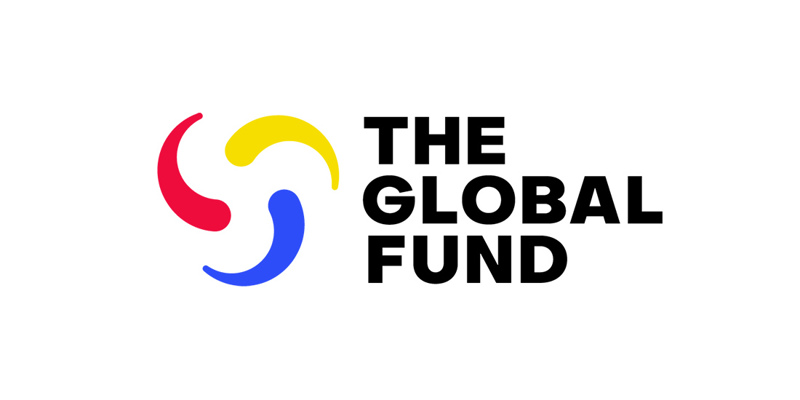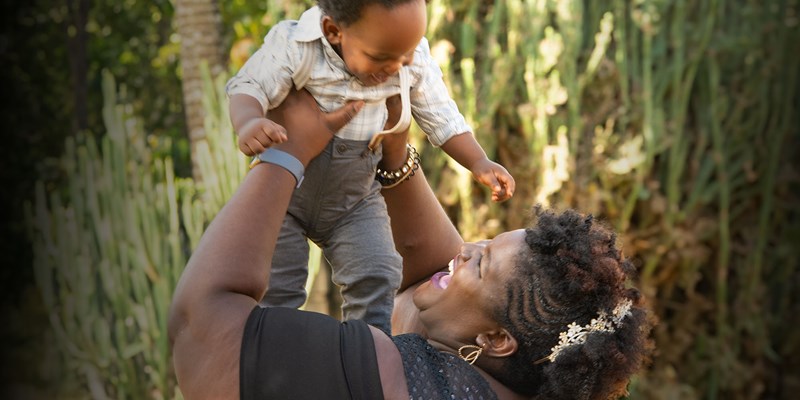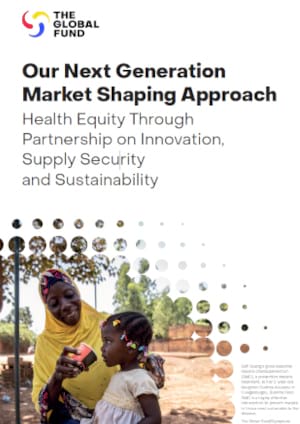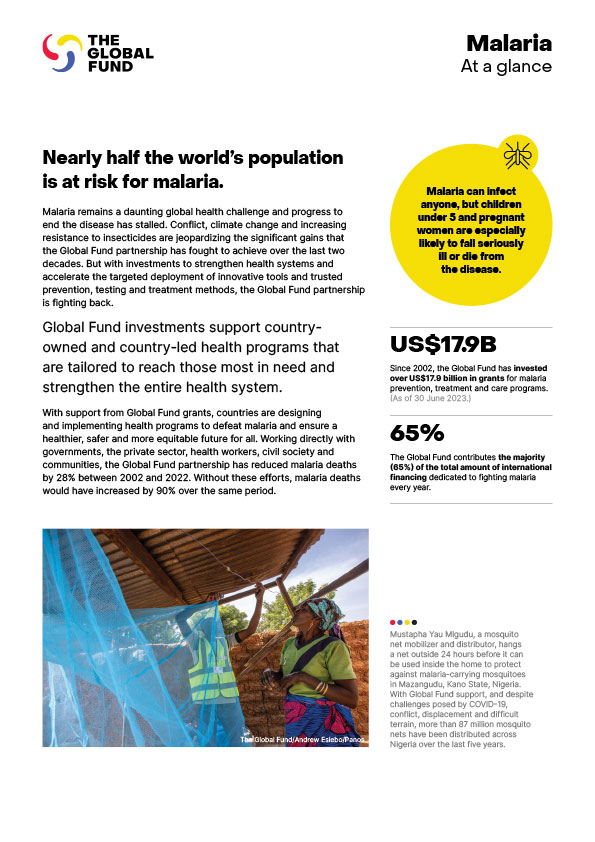COVID-19 Clinical Therapeutics
04 May 2022
In this operational update, we are sharing news on COVID-19 testing and therapeutics that can be currently supported through the Global Fund’s COVID-19 Response Mechanism (C19RM), following WHO guidelines. As recommendations have been dynamic during the past months, we will cover the following areas, and bring you a more detailed update on "test and treat" in the next edition:
- New WHO Recommendations
- ACT-A and WHO Treatment Allocations
- Global Fund Agreements for COVID-19 Therapeutics
- ACT-A Health Systems Response Connector (HSRC) Activities on Implementation Guidance and Country Readiness
- Reprogramming Opportunities
New WHO Recommendations
The C19RM Technical Information Note [ download in English | Español | Français ] that lists Global Fund eligible investments, follows the WHO clinical guidelines published in 2020, which are being continuously updated and recommend the following treatments:
For high-risk/mild-moderate COVID-19 patients: The most attention has been given to the recently approved oral antivirals, molnupiravir (conditional) and, most recently nirmatrelvir/ritonavir, known by the trademark name of Paxlovid – Strong recommendation for use in patients with non-severe illness at the highest risk of hospitalization, issued by WHO last 22 April.
WHO noted that “One obstacle for low- and middle-income countries is that the medicine can only be administered while the disease is at its early stages; prompt and accurate testing is therefore essential for a successful outcome with this therapy. Data collected by FIND show that the average daily testing rate in low-income countries is as low as one-eightieth the rate in high-income countries. Improving access to early testing and diagnosis in primary health care settings will be key for the global rollout of this treatment.”
For severe/critical COVID-19 patients: IV interleukin-6 Blockers (IL6B’s), such as tocizilumab, and oral anti-inflammatory agents, such as bariticinib - Strong recommendation.
For mild-moderate COVID-19 patients: In addition to the above, the IV antiviral remdesivir, and monoclonal antibody (Ab) products such as IV sotrovimab or in IV combinations, such as casirivimab and indevimab - Weak or conditional recommendation.
ACT-A and WHO Treatment Allocations
The ACT-A Treatment Allocation Working Group has recently issued surveys of Country Expression of Interest and Readiness for Allocation of tocilizumab (Feb 2022) and molnupiravir (March 2022). A similar solicitation, in preparation for a potential Paxlovid allocation, is currently underway.
Some Global Fund implementing countries have expressed demand for these therapeutics in consultation with their Country Teams, leveraging the allocation opportunity and C19RM funds.
Principal Recipients of C19RM funding can opt to reprogram funds from their grants to include newly-approved therapeutics such as Paxlovid. If you have any questions on accessing these therapeutics through Global Fund C19RM funding please contact your Country Team.
Global Fund Agreements for COVID-19 Therapeutics
In November 2021, the Global Fund launched a Request for Proposals to select suppliers who will supply therapeutics through framework agreements with the Global Fund. The aim of the agreements is to further ensure access to WHO recommended COVID-19 therapeutics. The request for proposals covers all WHO-recommended therapeutics and suppliers can apply until the end of 2022. Products will only be procured subject to meeting the Global Fund’s Quality Assurance (QA) Policy requirement with a focus on WHO Pre-Qualification and/or the Global Fund’s Expert Review Panel (ERP) approvals.
The agreements are expected to enable more equitable access to quality-assured health products for countries the Global Fund supports. In addition, the Global Fund is assigning funds from C19RM Centrally-Managed Limited Investments (CMLI) [ download in English ] to secure early access to novel COVID-19 pharmaceutical products prior to known country-specific demand.
These funds aim to provide an opportunity to Global Fund implementers for timelier access to innovative and additional health products to support their COVID-19 responses and “test and treat” strategies. More information on this initiative will be provided in subsequent updates.
ACT-A Health Systems Response Connector (HSRC) Activities on Implementation Guidance and Country Readiness
The ACT-A HSRC, co-led by the Global Fund together with WHO, UNICEF and the World Bank, is working on issuing a set of guidance and tools that implementing countries will be able to use to assess country readiness and accelerate “test and treat” strategies and service scale-up.
The new tools are expected to present a holistic approach to different diagnostics, clinical assessment, treatment and integrated “test and treat” guidance.
The Global Fund will continue to support implementing countries to accelerate the introduction of new products and services innovations as appropriate to country context, until the new guidance is available.
Reprogramming Opportunities
As implementing countries review their C19RM investments in the context of a dynamic COVID-19 epidemic, the Global Fund would like to draw attention to the possibility of reprogramming grant funds to introduce innovations and include interventions needed in grants to ensure rapid testing and results. For example, for newly recommended novel therapeutics or scale-up of “test and treat”. Please review section 2.4 of the C19RM guidelines [ download in English ] .
The end goal is to accelerate service-delivery and scale-up of novel treatments targeted to the most vulnerable and high-risk populations in high-burden settings with still-low vaccination coverage. Human resource surge capacity, including decentralization of integrated testing models, could also be included as part of the reprogramming
Implementing countries are also encouraged to seek US technical assistance “set-aside” from USAID, US CDC or PEPFAR country offices to seek support in identifying and addressing bottlenecks, addressing critical readiness gaps and supporting the development of best-practice care models.







